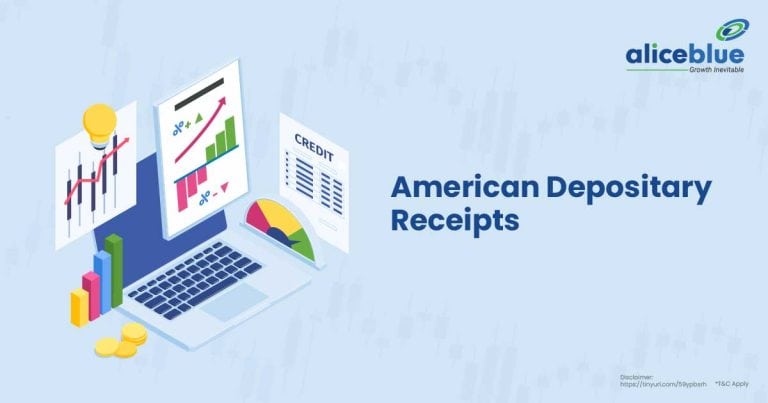The main advantages of debentures for investors include receiving regular, fixed-interest income, typically offering higher returns than savings accounts. They provide an opportunity for portfolio diversification and maintain investment stability, as they’re less volatile compared to equities and unaffected by market fluctuations.
Content :
- What Is Debenture?
- What Are The Advantages Of Debentures?
- What Are The Benefits Of Debentures – Quick Summary
- Advantages Of Debenture – FAQs
What Is Debenture?
Debenture is a long-term financial instrument issued by companies to borrow funds. It offers fixed interest returns, making it a predictable income source. Unlike equity, it doesn’t give ownership or voting rights but may be secured against company assets for added safety.

What Are The Advantages Of Debentures?
The primary advantages of debentures include offering fixed interest rates, enhancing liquidity as they are tradable on stock exchanges, ensuring interest payment even in losses, and allowing early redemption by the issuing company.
Fixed Income Source: Debentures provide a steady and predictable income stream through fixed interest rates, benefiting investors who prefer regular income.
Efficient Fundraising Tool: Compared to equity or preference shares, debentures are a more efficient way for companies to raise large amounts of capital.
Liquidity: Since debentures are traded on stock exchanges, they offer liquidity, allowing investors to easily buy or sell them.
No Ownership Dilution: Debenture holders don’t get voting rights in company meetings, thus, the control of existing shareholders remains intact.
Advantageous During Inflation: The fixed interest rate is beneficial during inflationary periods, as the cost of borrowing doesn’t increase for the issuer.
Low Risk for Holders: The risk for debenture holders is relatively low, as they are entitled to interest payments regardless of the company’s profit or loss.
Redemption Flexibility: Companies can redeem debentures when they have surplus funds, offering flexibility in managing their debt obligations.
Tax Benefits: Interest on debentures is tax-deductible for the company, making it a cost-effective borrowing option.
Credit Rating Improvement: Issuing debentures can improve a company’s credit rating by diversifying its capital structure.
Asset-backed Security: Some debentures are secured against company assets, providing additional security to investors.
To understand the topic and get more information, please read the related stock market articles below.
| how demat account works |
| What Is a Special Memorandum Account? |
| Purpose of trading account |
| free demat account opening |
| demat account holding statement |
What Are The Benefits Of Debentures – Quick Summary
- Advantages of debentures include stable, fixed-income returns often higher than savings, portfolio diversification, and reduced volatility compared to equities, offering a more stable investment option amidst market fluctuations.
- A debenture, as a long-term borrowing tool for companies, provides fixed interest income to investors without granting ownership or voting rights, and is sometimes secured against company assets for additional security.
- Start your investment journey with Zero Account Opening Charges and a ₹20 brokerage fee for Intraday and F&O orders. Enjoy Lifetime Free ₹0 AMC with Alice Blue!

Advantages Of Debenture – FAQs
Advantages of debentures include providing a fixed income source, efficient capital raising for companies, liquidity through stock exchange trading, no ownership dilution, beneficial during inflation, low risk with assured interest, redemption flexibility, tax benefits, potential credit rating improvement, and sometimes asset-backed security for additional investor protection.
Features of debentures include fixed interest rates, a specified maturity date, potential security against assets, regular income through interest payments, and tradability on stock exchanges, offering liquidity to investors.
Advantages of redeemable debentures include a clear maturity date for investment planning, reduced long-term risk for investors, and predictable cash flow for companies managing their debt obligations efficiently.
Debenture holders are investors who lend money to a company by purchasing its debentures, essentially becoming creditors entitled to fixed interest payments and repayment at maturity.
The role of debenture holders is to provide loan capital to a company in exchange for regular interest payments and repayment of principal at the debenture’s maturity.
The return on a debenture typically comprises fixed interest payments, known as coupon payments, made periodically to the debenture holder until the debenture’s maturity date.
We hope that you are clear about the topic. But there is more to learn and explore when it comes to the stock market, commodity and hence we bring you the important topics and areas that you should know:









